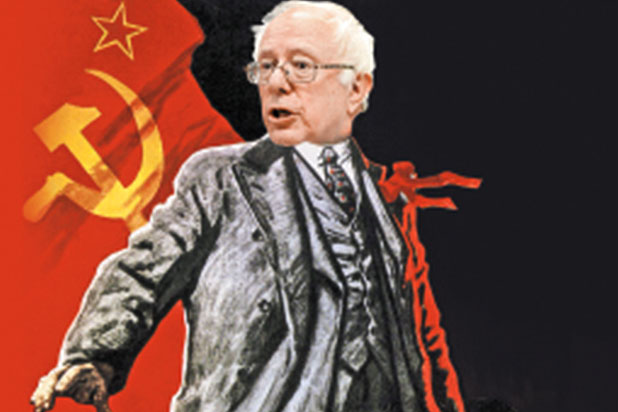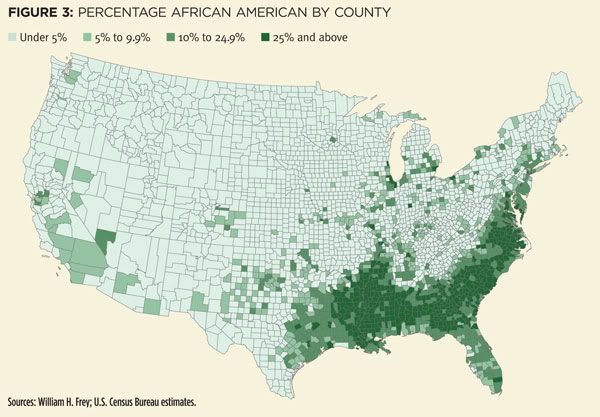I write this as a Christian, a Roman Catholic in the
spirit of Dorothy Day, and as a retired member of the United States Army who
spent a great deal of time in a subset of that armed force called Special
Operations – a euphemism for operations that are highly secretive because they
are outside the law and-or ‘politically sensitive.’
Wednesday, February 24, 2016
Monday, February 15, 2016
Hedges vs. Reed
Today's Truthdig, a publication to which I once was a contributor, features two contradictory accounts of the Sanders campaign: Chris Hedges, a one-time mainstream journalist who has become more politically radical and active over the past several years, and Adolph Reed, political science Professor at the University of Pennsylvania and long-time labor advocate.
Enemies - a confession
Hat tip to Davin Heckman, who got me thinking about this even before the death of Antonin Scalia generated a flood of venomous schadenfreude across my facebook feeds. It's not like I was a fan of Scalia. His career was execrable in my view, but I can't participate in the celebratory crowing over his death. And that's not because I am some moral paragon. It's because I know all too well how easily I can fall into it, this love of hating enemies. 'Twas grace that taught this heart to fear . . .'
Wednesday, February 10, 2016
Christians and Socialists
“Call it democracy, or call it democratic socialism, but there must be a better distribution of wealth within this country for all God’s children.”
– Dr. Martin Luther King, Jr. to the Negro American Labor Council, 1961
The campaign by Vermont Senator Bernie Sanders, self-declared "democratic socialist," for the US Presidency has confronted us with the question, 'What is socialism?' This is a controversial question, as is the question, 'What is a Christian?' That controversy inheres not only in the implicit demand of a question like this for a simple answer, but also in the many tendencies and traditions and tensions among those who call themselves 'socialist,' or 'Christian'; and the same thing could be said of 'feminism,' or even of that subset of socialists who call themselves Marxists. There is, in fact, no definitive answer to this question (for whichever category) that does not require a lengthy explication - one that digs down into history and philosophy. Since we in the age of facebook and twitter, and before that, the age of television, have been formed by the short answer, the one-hour resolution, the 30-second commercial, the art of manipulative 'messaging,' the bumper sticker, and the soundbyte, we are disinclined to spend time seeking these answers in depth. Since we almost always approach every question with a pre-existing personal, cultural, or political agenda, we are also always in danger of confirmation bias.
One of the reasons I use this blog is because I like facebook. I like the way it allows me to keep in touch with loved ones; I like my virtual friends; I like the way people can exchange articles and humor and beauty. And I like reasoned, civil debate. But there are certain topics, like this one, that come up again and again, and do not fit well in the facebook format. Rather than slog through the inevitable tit-for-tat, or risk the kind of misunderstandings that can poison textual exchanges, I can do a blog piece that explains my own thinking in detail (giving anyone who cares to read it time to reflect and question and rebut), then post it as a link. I use other people's blog posts the same way.
The current campaign has generated a froth of talk about 'socialism' (and if Sanders wins the nomination, there will be a great deal more), most of it in one way or another wrong. This is apparent not just in the general population, but among Christians, because the wrong-ness of these inaccuracies, simplifications, and reductions growing out of the residual anti-communism of American culture generally. So before we begin to unpack these issues, a few plain statements of fact seem necessary as a preface: All socialists are not communists. There are more than one kind of communist. There are more than one kind of socialist. Everyone in power who calls themselves either communist or socialist is not necessarily what they say they are. The putative socialist heads of Europe are acting in complete concert with neoliberal capitalism, as are the putative communists of countries like China and Vietnam.
Enzo Traverso, an Italian historian, has a new book (new in English, 2007 in Italian), Fire and Blood - The European Civil War: 1914-1945. Do that double take. Now you see it. He is calling World War I and World War II, including the interwar years, one single and uninterrupted conflict: a European Civil War (and he is not the first). This premise and his conclusion are well worth the effort to read the book; but I'd like to selectively engage with it from a different perspective. Traverso is an Italian Marxist. But I have found passage after passage in Traverso's book that connect directly to the book I wrote about war, as a Christian.
I'll come back to Traverso's book by and by. I want to have an imaginary conversation between a certain range of socialists and a certain subset of Christians that aims first at reaching out to one another in a search for common ground.
Given that the political contender to the White House with the most momentum describes himself as democratically socialist - this is a really good opportunity for a conversation that started in the sixties and seventies, then went on hold, to be continued. The great campaign that ended legal racialized segregation in the United States was a coalition between Christians (many of them black) and socialists (disproportionately, but not exclusively white). Among our neighbors in Latin America, there was a whole generation of Catholics who carried out a public dialogue and joint social actions with various Marxists. Among Christians, there are those who identify as Christian and socialist: Barth comes to mind. Dorothy Day was an anarchist. There is actually a pretty long list of Christian socialists, more still when we count Amish and other small, self-governing agricultural communities (which resemble agrarian socialism).
Sunday, February 7, 2016
Attack v. Critique
This blog is called Chasin' Jesus. That's because, while it is easy being the kind of Christian who blindly follows a set of propositions, discerning how to actually follow Jesus is a different matter altogether. And I'm terrible at it. It requires loving your neighbor, and when asked what 'neighbor' means, Jesus told a story about someone establishing a risky friendship across an established social boundary. It requires, alas, loving your enemy; and when Jesus explained that, he said to be perfect as God is perfect - not perfect like an essay with no typos or grammatical errors, but perfect in love without conditions. God's rain falls (rain was a blessing for a bunch of Palestinian sharecroppers), Jesus explained, on the just people and unjust people alike. At the same time, Jesus was quick to rebuke wrongdoing, especially the kinds of wrongdoing that involved violence, deception, and blind arrogance.
The love of God is unconditional, but 'love' in the Scriptures was not the same sentimental gush of emotion we attach to the term nowadays; it was facing someone. To turn toward someone was to 'love' and to turn away was to 'hate.' Again, hate doesn't mean the kind of emotional seething we think of today. He said in Matthew 10:34-36, "Do not think that I came to bring peace on the earth; I did not come to bring peace, but a sword. For I came to set a man against his father, and a daughter against her mother, and a daughter-in-law against her mother-in-law; and a man’s enemies will be the members of his household." While this quote is used out of context to support warmongering, it metaphorically emphasizes a split between generations. Son against father. Daughter against mother. Etc. Understanding 'hate' to mean 'turn away from,' he is criticizing the most basic unit of social organization - the (patriarchal) family; and he is saying his way (the way of the cross) is a break with everything in the past.
The love of God is unconditional, but 'love' in the Scriptures was not the same sentimental gush of emotion we attach to the term nowadays; it was facing someone. To turn toward someone was to 'love' and to turn away was to 'hate.' Again, hate doesn't mean the kind of emotional seething we think of today. He said in Matthew 10:34-36, "Do not think that I came to bring peace on the earth; I did not come to bring peace, but a sword. For I came to set a man against his father, and a daughter against her mother, and a daughter-in-law against her mother-in-law; and a man’s enemies will be the members of his household." While this quote is used out of context to support warmongering, it metaphorically emphasizes a split between generations. Son against father. Daughter against mother. Etc. Understanding 'hate' to mean 'turn away from,' he is criticizing the most basic unit of social organization - the (patriarchal) family; and he is saying his way (the way of the cross) is a break with everything in the past.
Friday, February 5, 2016
Clinton's "experience" in foreign affairs
Former Secretary of State Hillary Rodham Clinton does have foreign policy experience. The job of Secretary of State is specifically to be the President's number one representative abroad, operating through US Ambassadors as intermediaries. She held that position for four years.
Clinton with Negroponte
Wednesday, February 3, 2016
Voting in black and white
The heat's being turned up by the challenge Sanders is presenting to the Democratic Party establishment. That is to say, the neoliberal establishment - but many people, even today, have no earthly clue what the term neoliberal means. That is because it has been excluded from public discourse by that self-same establishment. Like a lot of other things. The term neoliberalism refers to the policies and ideological consensus that has prevailed since the Reagan administration; and the reason the term has been excluded is because awareness of the term might lead to awareness of that consensus - its meanings and its history and its objectives. It is, in shorthand, class war from above. The rich are raiding the poor.
Subscribe to:
Comments (Atom)







